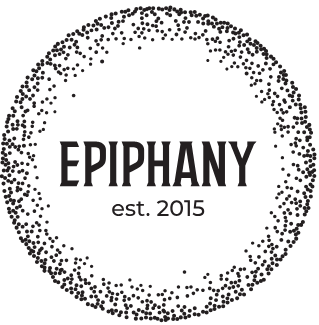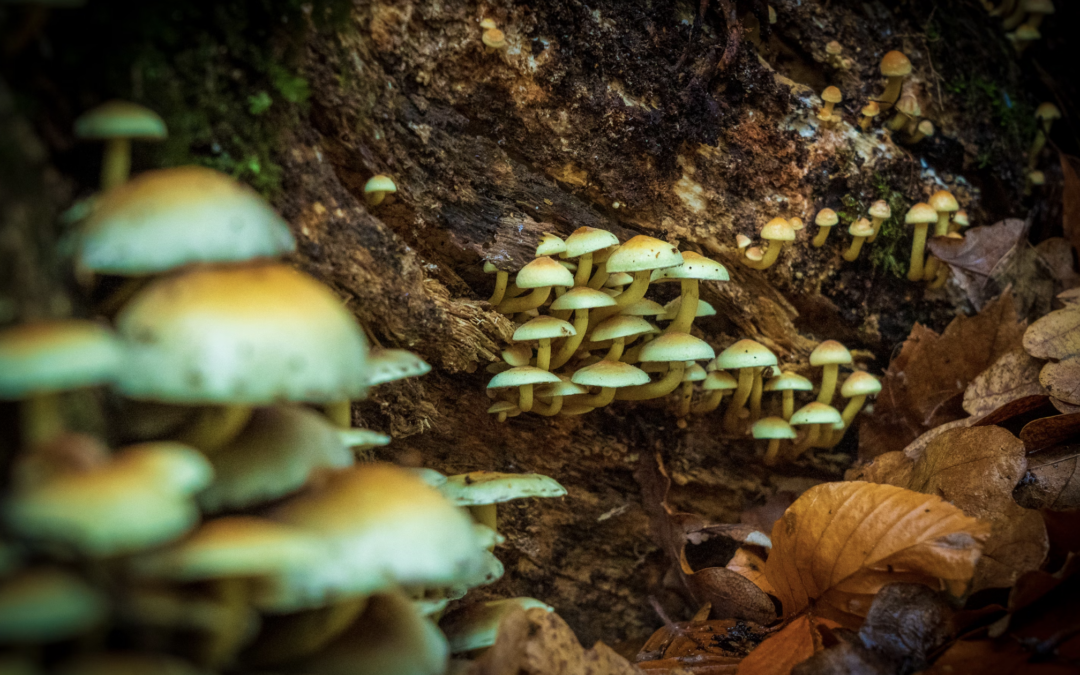Magic mushrooms, scientifically known as psilocybin mushrooms, have a long history of use in spiritual and therapeutic contexts. In recent years, these fungi have garnered attention for their potential mental health benefits. However, their legal status in Canada remains a complex and evolving issue. This blog will delve into the current legal framework surrounding magic mushrooms in Canada, explore potential changes on the horizon, and provide advice on how to stay compliant with local laws.
Current Legal Framework
As of 2024, magic mushrooms and their active ingredient, psilocybin, are classified as Schedule III substances under the Canadian Controlled Drugs and Substances Act (CDSA). This categorization makes it illegal to possess, produce, or distribute psilocybin without proper authorization. The penalties for offenses involving Schedule III substances can be severe, ranging from fines to imprisonment.
Medical and Research Exceptions
Despite the general prohibition, there are notable exceptions for medical and research purposes. Health Canada has the authority to grant exemptions under Section 56 of the CDSA for individuals or organizations conducting clinical research or compassionate use. For example, in 2020, the federal government allowed a limited number of terminally ill patients to use psilocybin-assisted therapy, marking a significant step towards broader acceptance of its medical potential.
Moreover, the Special Access Program (SAP) permits healthcare practitioners to request access to psilocybin for patients with serious or life-threatening conditions when conventional treatments have failed, are unsuitable, or are unavailable. This program underscores a growing recognition of the therapeutic benefits of psilocybin, particularly in treating conditions like depression, anxiety, and PTSD.
Upcoming Legal Changes and Debates
The legal landscape for magic mushrooms in Canada is not static. There is ongoing debate and increasing pressure to reform existing laws to better reflect emerging scientific evidence and public sentiment.
Decriminalization and Legalization Efforts
Several advocacy groups and politicians are pushing for the decriminalization or legalization of psilocybin. These efforts are often inspired by successful models in other jurisdictions, such as Oregon in the United States, which legalized psilocybin for therapeutic use in 2020. In Canada, cities like Vancouver and Toronto have seen grassroots movements advocating for decriminalization, arguing that current laws are outdated and counterproductive.
Provincial and Municipal Initiatives
While national legislation remains restrictive, some provinces and municipalities are exploring more progressive approaches. For instance, Vancouver’s city council has voiced support for decriminalizing simple possession of all drugs, including psilocybin, aligning with a broader harm reduction strategy. These local initiatives reflect a growing recognition of the need for drug policies that prioritize public health over punitive measures.
Clinical Trials and Scientific Research
The momentum behind psilocybin research is also contributing to the debate. Numerous clinical trials are underway in Canada, investigating the efficacy of psilocybin in treating mental health disorders. Positive outcomes from these studies could accelerate regulatory changes, as they provide empirical evidence supporting the therapeutic benefits of magic mushrooms.
Staying Compliant with Local Laws
Given the complex and evolving legal status of magic mushrooms in Canada, it’s crucial to stay informed and compliant with current laws to avoid legal repercussions. Here are some practical tips:
1. Stay Informed
Keep up-to-date with the latest legal developments regarding psilocybin in Canada. This can be done by following news updates, government announcements, and legal advisories. Websites of organizations like Health Canada and advocacy groups often provide valuable information on legal changes and research findings.
2. Understand the Exceptions
If you are a healthcare provider or researcher, familiarize yourself with the legal pathways available for using psilocybin. This includes understanding the application processes for Section 56 exemptions and the Special Access Program. Proper documentation and adherence to regulatory guidelines are essential to ensure compliance.
3. Avoid Illegal Activities
Refrain from engaging in activities that involve the possession, production, or distribution of psilocybin without proper authorization. This includes purchasing magic mushrooms from unregulated sources or participating in unsanctioned psychedelic retreats. Engaging in these activities can result in severe legal penalties.
4. Seek Legal Advice
If you are considering using psilocybin for medical or therapeutic purposes, consult with a legal professional who specializes in drug policy and health law. They can provide guidance on navigating the legal framework and help you understand your rights and obligations.
5. Advocate Responsibly
If you are passionate about changing psilocybin laws, consider participating in advocacy efforts through legal and constructive channels. Join organizations that are working towards policy reform, participate in public consultations, and engage with policymakers to support evidence-based approaches to drug regulation.
Conclusion
The legal status of magic mushrooms in Canada is a dynamic and multifaceted issue. While current laws classify psilocybin as a controlled substance, there are promising signs of change driven by scientific research and advocacy efforts. By staying informed, understanding the exceptions, and adhering to legal guidelines, individuals can navigate this complex landscape responsibly. As the conversation around psilocybin continues to evolve, it is crucial to balance public health considerations with the potential benefits of these remarkable fungi.
Frequently Asked Questions
What is the current legal status of magic mushrooms in Canada?
Magic mushrooms, containing the active ingredient psilocybin, are classified as Schedule III substances under the Canadian Controlled Drugs and Substances Act (CDSA). This makes it illegal to possess, produce, or distribute psilocybin without proper authorization.
Are there any exceptions to the legal restrictions on psilocybin in Canada?
Yes, there are exceptions for medical and research purposes. Health Canada can grant exemptions under Section 56 of the CDSA for clinical research or compassionate use. Additionally, the Special Access Program (SAP) allows healthcare practitioners to request psilocybin for patients with serious or life-threatening conditions when conventional treatments have failed, are unsuitable, or unavailable.
What efforts are being made to change the legal status of psilocybin in Canada?
There are ongoing efforts to decriminalize or legalize psilocybin, inspired by successful models in other jurisdictions. Advocacy groups and some politicians are pushing for reforms, and several provinces and municipalities are exploring progressive approaches to drug policy, focusing on harm reduction and public health.
What should I do to stay compliant with local laws regarding magic mushrooms?
- Stay informed about legal developments.
- Understand the exceptions for medical and research use.
- Avoid engaging in illegal activities related to psilocybin.
- Seek legal advice if considering psilocybin for medical or therapeutic purposes.
- Advocate for policy reform through legal and constructive channels.
Can I legally possess or use magic mushrooms for personal use in Canada?
No, personal use of magic mushrooms remains illegal under the current legal framework. Possession, production, or distribution of psilocybin without proper authorization can result in severe legal penalties.
How can I obtain psilocybin legally for medical purposes?
Psilocybin can be obtained legally for medical purposes through the Special Access Program (SAP) or by receiving an exemption under Section 56 of the CDSA. These routes are typically available to patients with serious or life-threatening conditions when conventional treatments have not been effective.
What is the Special Access Program (SAP)?
The SAP is a program that allows healthcare practitioners to request access to non-marketed drugs, including psilocybin, for patients with serious or life-threatening conditions when conventional treatments have failed, are unsuitable, or are unavailable.
Are there any cities in Canada where magic mushrooms are decriminalized?
While national laws still classify psilocybin as a controlled substance, some cities like Vancouver have expressed support for decriminalizing the possession of all drugs, including psilocybin. However, official legal changes at the municipal level may vary and should be confirmed with local authorities.
What is Section 56 of the CDSA?
Section 56 of the Controlled Drugs and Substances Act allows the Canadian government to grant exemptions for individuals or organizations to use controlled substances for medical, scientific, or other public interest purposes. This includes exemptions for research and compassionate use of psilocybin.
How can I support the movement for psilocybin legalization or decriminalization?
You can support the movement by participating in advocacy efforts through legal and constructive channels. Join organizations working towards policy reform, engage in public consultations, and communicate with policymakers to promote evidence-based approaches to drug regulation.

